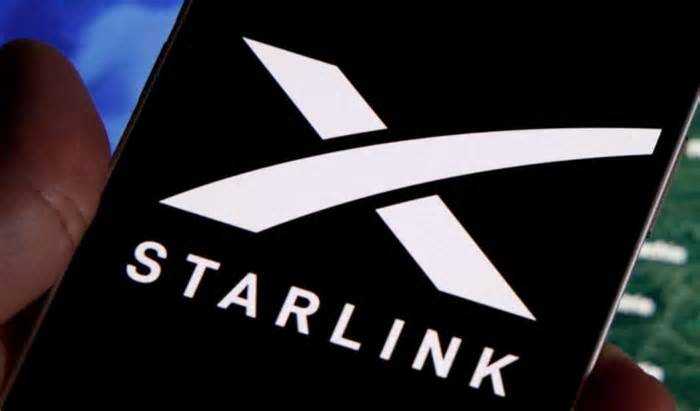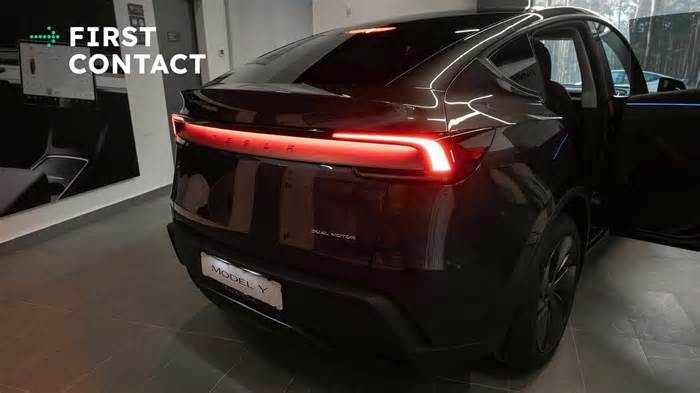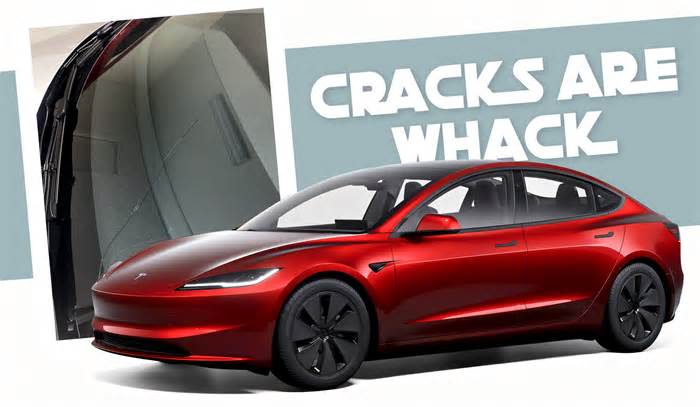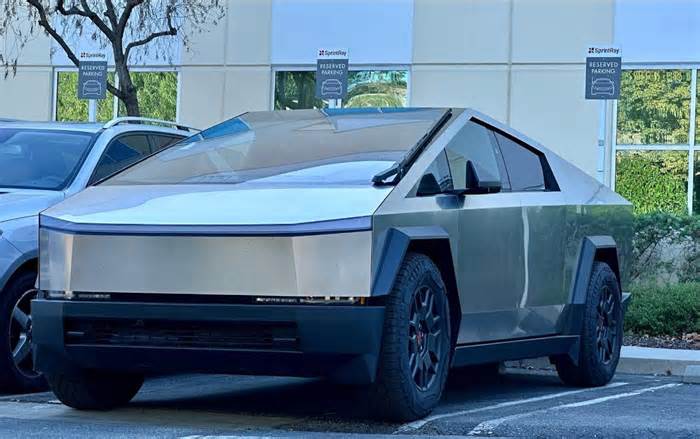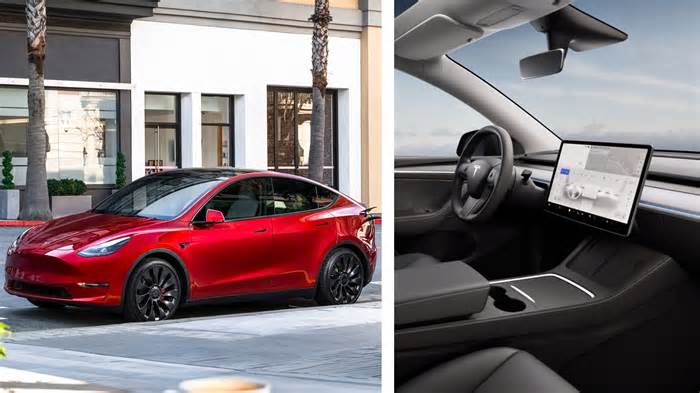
Mobile Satellite Internet & Communication Options for RV and Boat Use
- by rvmobileinternet.com
- Jan 25, 2025
- 0 Comments
- 0 Likes Flag 0 Of 5

RV & Boat Mobile Satellite Internet
Satellite and cellular make for a great combination - like the Starlink Dishy and 5G cellular 4x4 MIMO antenna seen mounted on this pole.
Satellite internet has come a long way - offering high speed internet access almost anywhere you can travel by RV or boat.
There is something magical and futuristic about being online and connected in the absolute middle of nowhere while parked in your RV or anchored on your boat. The places far beyond Wi-Fi or cellular coverage, where only a satellite far above can provide internet.
But traditional old-school geostationary satellite internet options came with many tradeoffs for RV and boat use - they were typically slower, more expensive, and with MUCH higher latency than cellular alternatives.
But an entirely new generation of satellite internet service has changed the game for RV and boats - with companies like SpaceX offering low earth orbit satellite constellations that deliver affordable, high speed, low latency satellite coverage to the entire globe.
These options are rapidly evolving, and are becoming more and more mobile-friendly for RV and boat internet.
This is an exciting industry to watch, and what we see already today was just a pipe dream a short few years ago, yet there is so much more to come!
Are low earth orbit satellite the magical one-size-fits-all universal solution for mobile internet for RV and boat use that many are hoping for?
Read on to find out more about what is available today, and what is coming tomorrow.
RV Mobile Satellite Options Update Video
This video, filmed in Feb 2024, goes over some of the latest developments in the race to develop new satellite internet options for RV and boat use.
Posted on: October 9, 2024
In addition to these news stories, we are doing our best to keep the below content updated for all of the major players too.
RV & Boat Satellite Internet Realities
For most nomads traveling by RV or boat, even with the low earth satellite options, satellite internet service is likely to be complementary to terrestrial options, not a full replacement.
With all satellite systems, one challenge is unavoidable - to stay connected, you will always require a clear view of the sky.
Satellite internet requires a clear line of sight between your receiver and the satellite to work - meaning you might not be able to get connected while your RV is parked under a shady tree, next to a tall building, or in a canyon.
With geosynchronous satellites, you might be able to aim between a gap in the trees at the fixed target. But since LEO satellites are in motion overhead - any obstructions nearby might result in dropouts as the satellite passes behind branches, buildings, or boulders.
Because of these constraints - LEO satellite constellations are NOT going to be a universal magical RV internet replacement for cellular service any time soon.
A beautiful shady campsite like this will always be a challenge for any satellite internet system.
Even Elon Musk is clear that this is not his aim with the Starlink system:
"I wanna be clear, it's not like Starlink is a huge threat to telcos. I want to be super clear. It is not. In fact, it will be helpful to telcos because Starlink will serve the hardest to serve customers that telcos otherwise have trouble doing with landlines or even with cell radio stations, cell towers."
And it is not just about where you can get connected - satellites experience congestion in areas with too many customers, just like cellular.
In more populated areas, there may still simply not be enough satellite bandwidth to go around.
In an urban or suburban area, satellite will likely never be able to compete with fully built-out cellular infrastructure on the ground.
But on the other hand – in many remote areas it will never make sense to build a network of cell towers, and no matter how much cellular companies expand, there will ALWAYS be gaps in coverage.
So is satellite internet just a pointless fantasy for RVers and cruisers then? Not at all.
The future is bright with these satellite internet options for RV and boat travels, and satellite has now become an integral part of a mobile internet arsenal. Enabling low-latency broadband in many places where it was completely unavailable before.
However, most RV and boat nomads will not be able to rely solely on satellite internet. For many RVers and cruisers, a mix of cellular, Wi-Fi, and satellite will remain the key to staying connected everywhere.
The ideal connectivity future involves a mix of satellite and cellular, with service roaming seamlessly to the best connection possible wherever you happen to be.
Getting Internet From Space - Basics
Satellite internet can be confusing. It is important to make sure that you understand the basics.
Satellite TV and Satellite Internet Are Not the Same!
Receiving a signal from space isn't particularly hard.
Transmitting a signal back to a satellite, on the other hand, is where it gets tricky.
Satellite TV dishes are receive-only devices and have no capability to transmit. Internet usage, however, requires two-way communication – and thus much larger and more complicated gear both on the ground and in space.
Some people get confused because they see satellite TV providers Dish Network and DirectTV sometimes advertising bundled packages that include internet service – but this is usually not satellite-provided internet.
These bundled plans are intended for stationary satellite TV consumers to combine their TV, wired internet, and phone bills into one. The satellite TV provider contracts out to local phone or even partner cable companies to provide the actual internet service – usually relying on a hard-wired internet connection.
Customers in rural areas beyond the reach of a wired partner may instead get partnered with a residential stationary-focused satellite internet option - usually ViaSat or Hughes, with an entirely separate dish setup than is used for TV reception.
In other words – not mobile friendly at all.
NOTE:
Though the dishes look similar, most satellite internet systems are strictly for internet service, and are NOT compatible with any satellite TV services. If you also want satellite TV to go along with satellite internet, you'll actually need a second dish!
Residential Satellite Service Generally Is NOT Mobile Friendly
The ViaSat-1 satellite.
There are two main consumer-focused residential satellite internet companies today using geostationary satellites: ViaSat and HughesNet.
There used to be other options, but those companies either went out of business or were acquired by ViaSat or HughesNet.
Even if you're getting satellite internet from a provider using another name, it is likely one of these two companies behind the scenes providing the actual service.
Both of these residential satellite internet services are NOT designed for mobility. Moving locations usually requires a visit from a professional installer, and sometimes purchase of new equipment and a plan change.
Even if you had the tools to move and aim their gear at a new location, the network will detect you have moved and will not allow you to connect without an installer signing off that things are set up properly.
While you can usually get a dish permanently mounted at your summer and winter bases, and then just move the modem in between - we don't consider either of these as viable connectivity options for users who move more than once or twice a year.
There are mobile satellite internet solutions out there presently suitable for mobile RVers, discussed later in this guide.
Starlink Satellite Internet Mobile RV Use Official
The Starlink Flat High Performance (courtesy of Winegard) is mounted on our van for testing.
Starlink's last major plan update in June 2023 included official options for RV and boat satellite internet.
The Starlink Roam plans can be chosen with the Standard or Mini Dish while the Mobile Priority plan defaults to the $2500 Flat High Performance Dish, although this plan can work on any hardware.
SpaceX has partnered with outside companies such as Winegard, Best Buy, Home Depot, Walmart, and Peplink to sell Starlink to consumers.
Because Starlink is such a hot topic, we have published a guide devoted to the topic:
Please first to comment
Related Post
Stay Connected
Tweets by elonmuskTo get the latest tweets please make sure you are logged in on X on this browser.
Sponsored
Popular Post
tesla Model 3 Owner Nearly Stung With $1,700 Bill For Windshield Crack After Delivery
33 ViewsDec 28 ,2024
Middle-Aged Dentist Bought a Tesla Cybertruck, Now He Gets All the Attention He Wanted
32 ViewsNov 23 ,2024






 Energy
Energy





